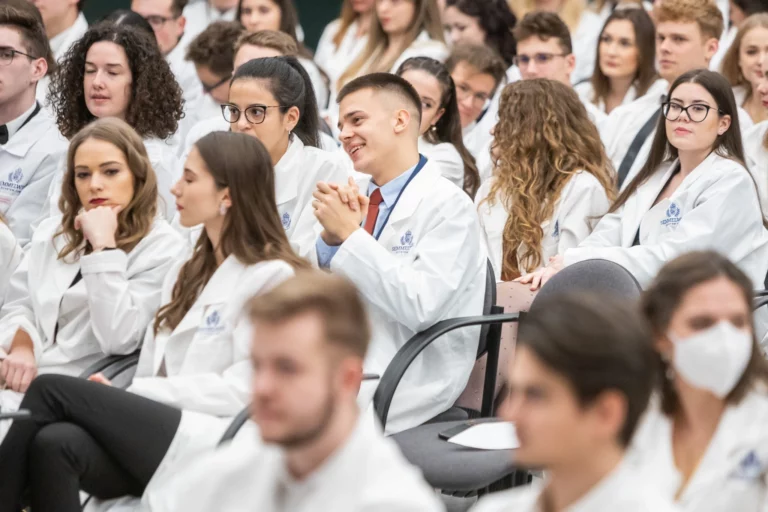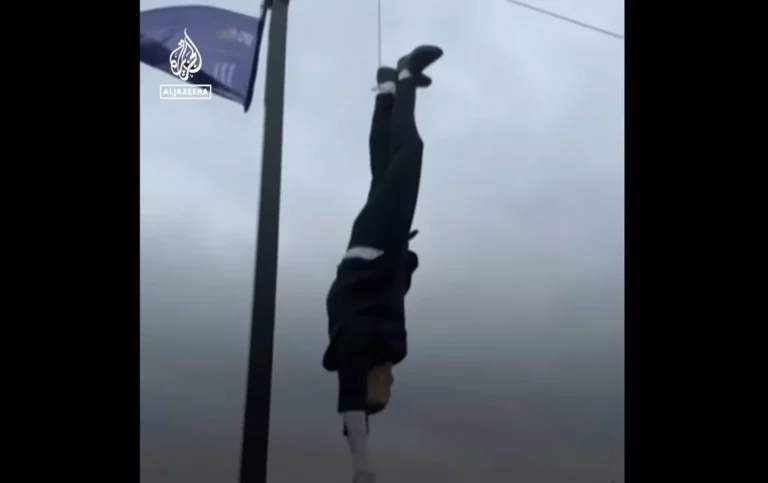Türkiye
Hungarian Baptist Aid sending rescue team to earthquake-hit Türkiye

Hungarian rescue team leaves for Türkiye

Hungarian embassy in Ankara temporarily evacuated, a Hungarian is in the danger zone

Hungary provides immediate assistance to earthquake-hit Türkiye – UPDATE

Minister: Hungarian government not Kremlin propagandist, only voices pragmatism

Hungary would like the Turkish president to win the Nobel Peace Prize

PHOTOS: Turkish foreign minister in Budapest

Government would like to boost Hungarian economy with Kazakhstan, Uzbekistan and other Turkic states

Wizz Air expands offering to destinations in Turkey

Turkey wants to negotiate missile launchers with Hungary

Turkish Industry Technology Varank held talks in Budapest

Hungarian-Turkish economic mixed committee held in Budapest

11 Hungarian universities in the world’s top

Hungarian foreign minister furious because of hanged Erdogan

Hungary, Turkey to cooperate in security, migration, terrorism

Hungary and Turkey stances align on Ukraine war, minister says

No Hungarians were hurt in Istanbul explosion

Erdogan’s wow: Turkey remains a safe background to Hungary’s energy security





 ZH
ZH IT
IT DE
DE HR
HR NL
NL FR
FR JA
JA RO
RO RU
RU ES
ES TR
TR
